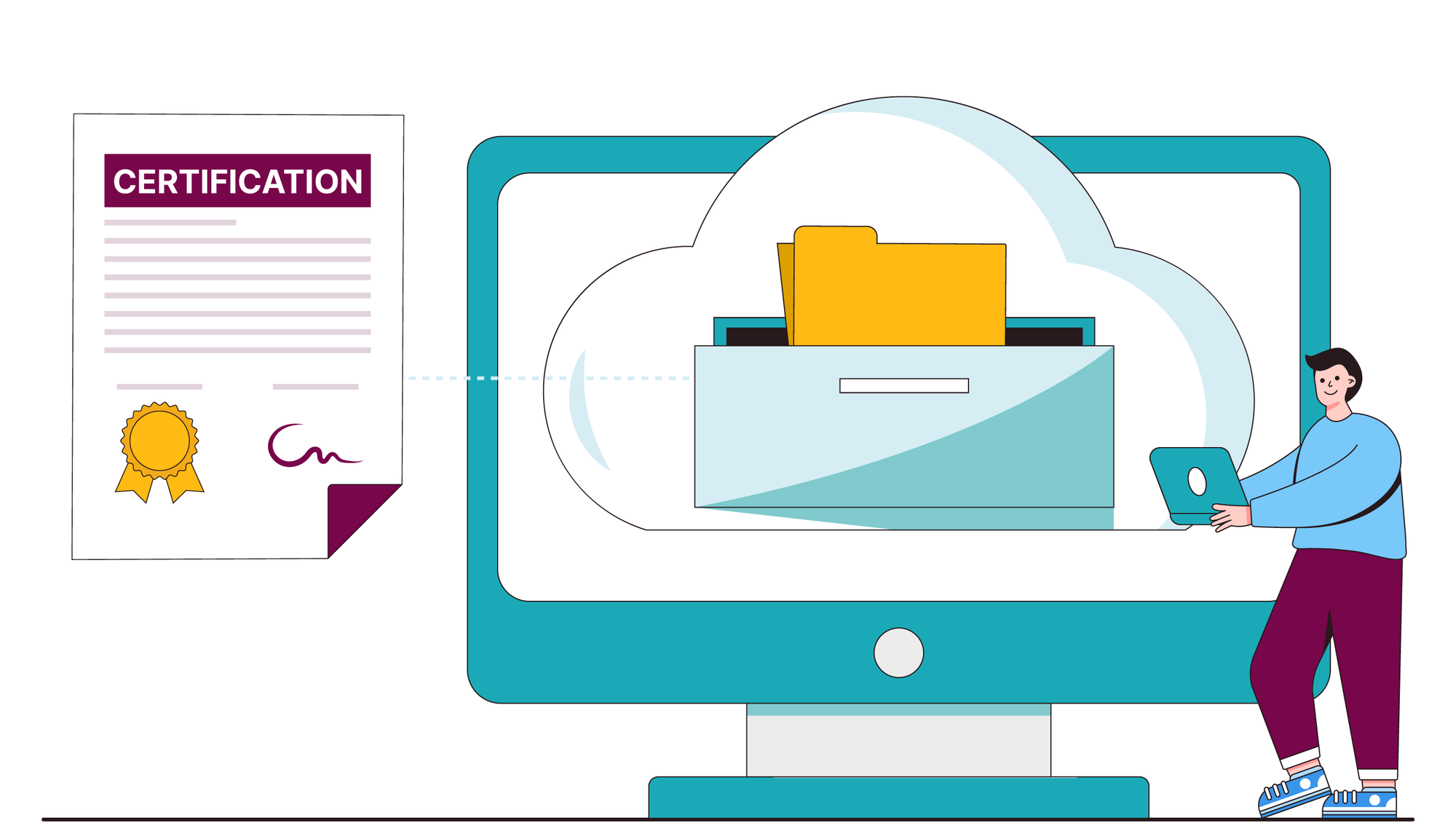1.5 What is a certified archive?

A certified archive is an archive that has received a formal type of certification under which the archive has been assessed according to a set of specified guidelines.
These guidelines concern all operations of the archive. The guidelines include, for instance, an assessment of the archive’s mission and designated community, the way data is handled, processed and stored, as well as the archive’s long term sustainability plans. Archives that follow these certification guidelines are often called trustworthy digital repositories (TDRs).
Certification instruments
In the European Framework for audit and certification of digital repositories, three certification instruments are available, with increasing degrees of complexity and depth: CoreTrustSeal, Nestor Seal, and ISO 16363 certification. Most CESSDA archives aim for CoreTrustSeal (CTS) certification. CTS is an international, community based, non-governmental, and non-profit organization promoting sustainable and trustworthy data infrastructures. The CTS certification was envisioned as the first step for archives to receive certification of their work. CTS requires the completion of a self-assessment that is then evaluated through a community review process. Extended level certification (nestor-Seal DIN 31644) and the formal level certification (ISO 16363) follow a more elaborated assessment process that requires larger effort from an archive to receive the certification.
Certification as a measure of trustworthiness
Certification procedures have been developed by the community to evaluate the quality of a particular archive. Especially when storing valuable research data, archives must earn the trust of the communities they intend to serve and demonstrate that they are reliable and capable of appropriately managing the data they hold.
Advantages of a certified archive
A certified archive provides curation of the data it holds and offers community-specific services and advice, which may not be the case for non-certified archives or repositories. As an example, Zenodo is a large open-access repository developed under OpenAIRE and operated by CERN that is used by many scholars to store and share resources. While Zenodo does provide DOIs for the content that is uploaded, no curation of the materials is performed. Moreover, there are no restrictions on the types of materials that can be uploaded, leading to variable quality of the content that is stored. Such a repository service is thus in strong contrast with the services a certified archive offers, where curation of the data, ensuring data quality and providing long-term storage are essential.
Certification shows a certain level of maturity and trustworthiness of an archive in handling the deposited data. While researchers can theoretically deposit their data anywhere, they should be made aware that the data is better curated and preserved in an archive that follows agreed community standards.
You can find out more about trustworthiness and certification in Chapter 5.
Find out more about your archive
Here are some questions that you can ask yourself to learn more about your archive
- What is the certification status of your archive?
- If your archive is certified, do you know who of your colleagues was involved in the certification process?
- What kind of information were they supposed to provide?
- If your archive is not (yet) certified, can you find out from your colleagues what the hurdles are?
Expert tips
Read about the TRUST principles for digital repositories in this Scientific Data article (Lin et al. 2020).
Re3data is a registry for data repositories and it also provides information about the certification of a given archive.
Check out the CESSDA Trust working group for more information on certification and support.